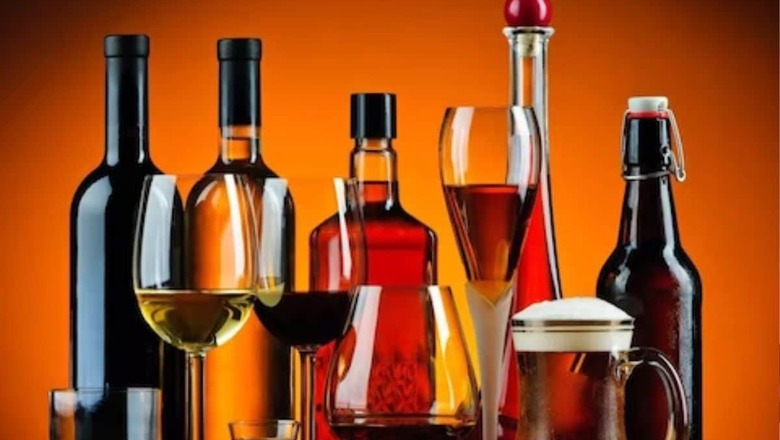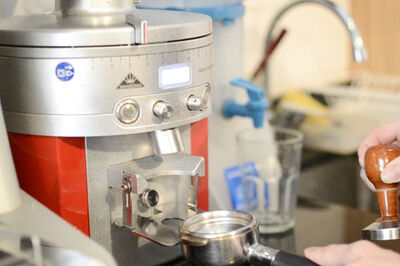
views
Excessive consumption of liquor is considered to be very harmful for the body. This does not deter people from indulging in alcohol. This is proven by the fact that a major portion of the state government’s revenue comes from the sale of alcohol. Every state has its own rules and regulations, in relation to the sale of liquor. Some states have banned the sale of alcohol, while others have been actively taking measures to increase liquor-based revenue. This is because state governments get huge revenue from excise duty on alcohol. Generally, the main sources of income for states include state GST, land revenue, taxes on petrol and diesel, and other taxes. Excise duty contributes a lot to the revenue of the state government.
According to reports, it has been found that, in most cases, around 15 to 30 percent of the revenue comes from liquor. Uttar Pradesh is at the forefront in this matter. In the financial year 2022–23, UP achieved a record revenue of Rs 41,250 crore from excise duty. So, let’s look at how the state government makes revenue from liquor.
As per official reports, in the financial year 2020–21, India earned about Rs 1.75 lakh crore from excise duty. In this regard, Uttar Pradesh was the state that earned the most from liquor. Other states like Karnataka, Maharashtra, Delhi, Punjab, and Madhya Pradesh were also at the forefront, where their governments earned crores from the sale of liquor.
According to a report in the Hindustan Times, Karnataka charges the highest tax in India, that is 83 percent. Goa charges around a 49 percent tax on liquor. That means a bottle of spirit (non-beer), which costs Rs 100 in Goa, will cost around Rs 513 in Karnataka. Every alcohol product is charged differently. For example, beer, whisky, rum, scotch, and country liquor are taxed in different ways. Excise duty that is collected on alcohol also differs depending on whether its manufacturing is done in India or abroad. Every state has its own policies regarding the sale, distribution, and pricing of alcohol. As a result, tax also varies.
Reportedly, during the lockdown, when the liquor shops were closed across the country, the states were incurring a loss of about Rs 700 crore every day due to the non-sale of liquor.



















Comments
0 comment